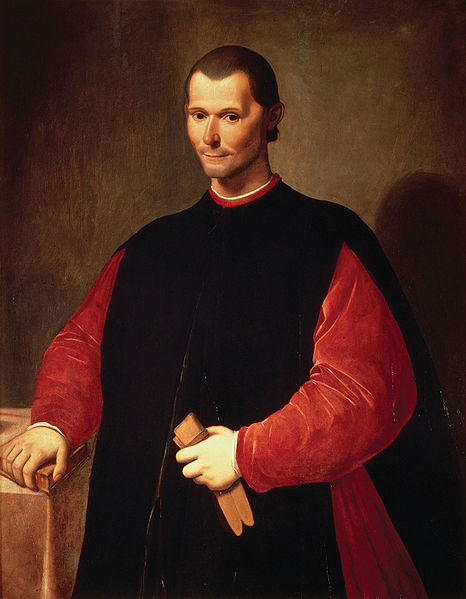Ann Althouse is still puzzled by the recent accidental-on-purpose revelation by the Pope that there is no hell:
I’m reading “Does Hell Exist? And Did the Pope Give an Answer?” (NYT). I’ve been writing about the reported news that the Pope said Hell does not exist, and I keep hearing that the Vatican has attempted to squelch the news, but I continue to believe the Pope said it. One reason I believe it is that Hell is such an implausible notion that I think an intelligent person, such as Pope Francis, is unlikely to believe it, though he might choose to keep quiet on the subject and not rock the boat the Vatican seems not to want rocked. Upon this not rocking of the boat, I will build my church. And the gates of hell shall not prevail against it, because there is no hell, but let’s tell them there is, because it will scare the wits out of them.
I don’t give a damn (not that there’s any such thing) what “The Vatican” thinks, but I do care what Pope Francis said in his conversation with his friend, the 93-year-old Eugenio Scalfari. Scalfari is — as the NYT puts it — “an atheist, left-wing and anticlerical giant of Italian journalism.” Scalfari has no audio recording or even jotted-down notes to back up his statement that Francis said, “A hell doesn’t exist.”
[…]
The Pope is deliberately choosing and using Eugenio Scalfari. There’s something complex happening there, and a flat denial that the Pope said there is no Hell is at least as much of a simplification as the Scalfari report that he said it. So you can believe what you want.
I think the Pope likes talking with Scalfari so he can get some good back and forth and so he can get his ideas out to the world filtered through this slightly but not completely unreliable narrator. There is deniability, and there is also the leakage of the good news (that there is no hell).
But it’s hard to admit that the Church has propounded a frightening, painful lie for so long, harder than apologizing for the 150,000 indigenous children who “were separated from their families and forced to attend the schools between the 1880s and the final closure in 1996, often suffering physical, sexual and psychological abuse.”
Pope Francis won’t do that. He has a different approach — he talks to the atheist, left-wing and anticlerical giant of Italian journalism who doesn’t take notes but spins out the story in that impressionistic Italian style that sophisticated readers understand.





